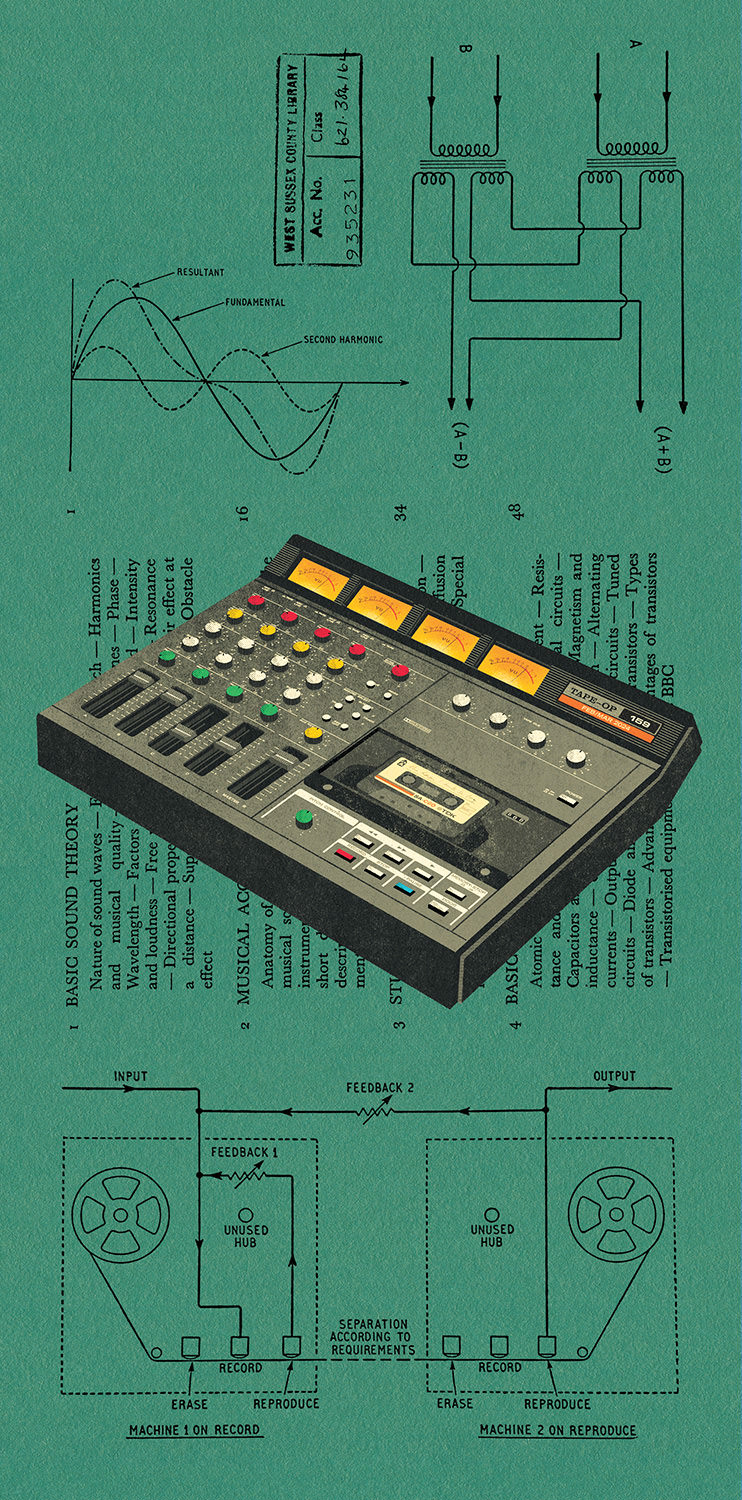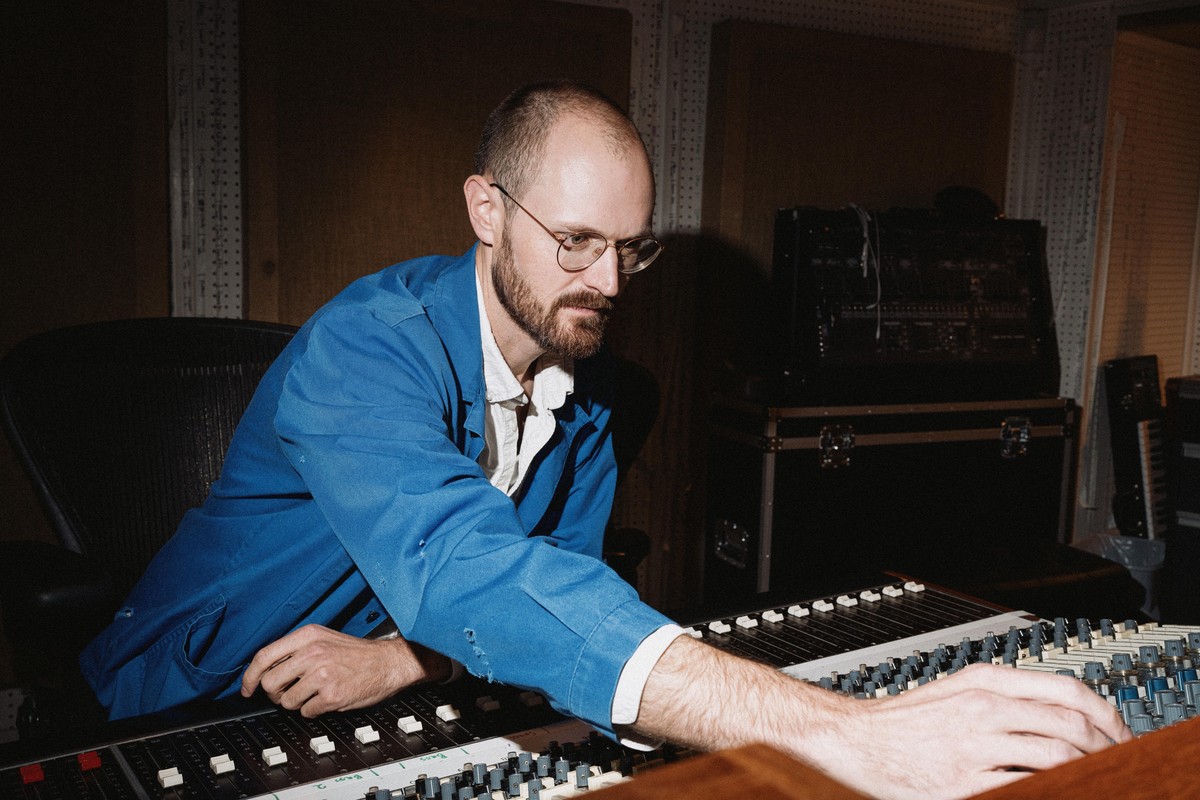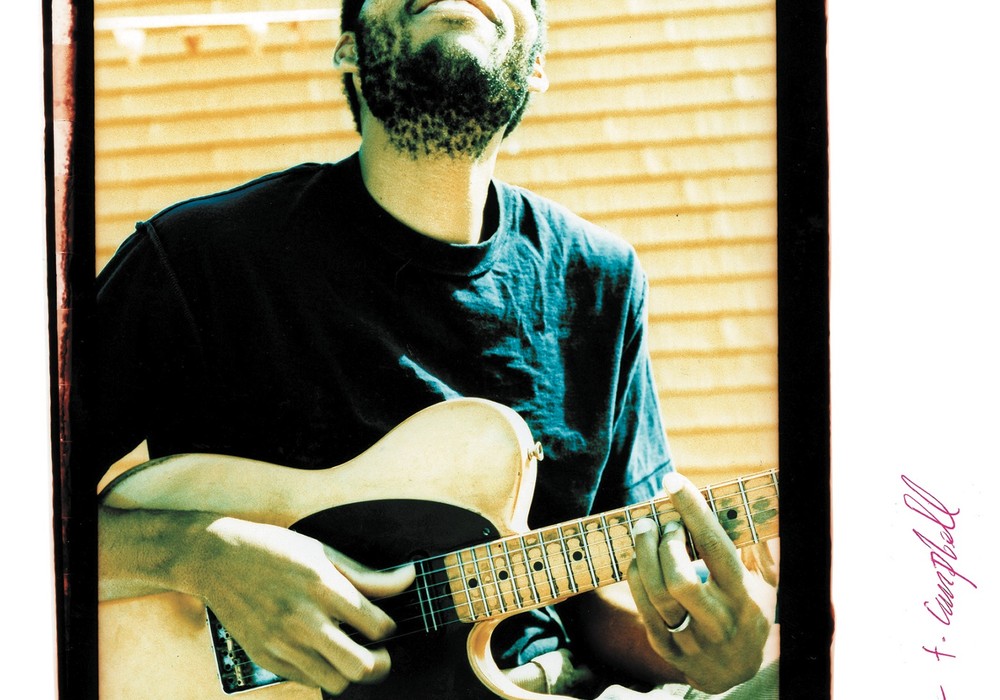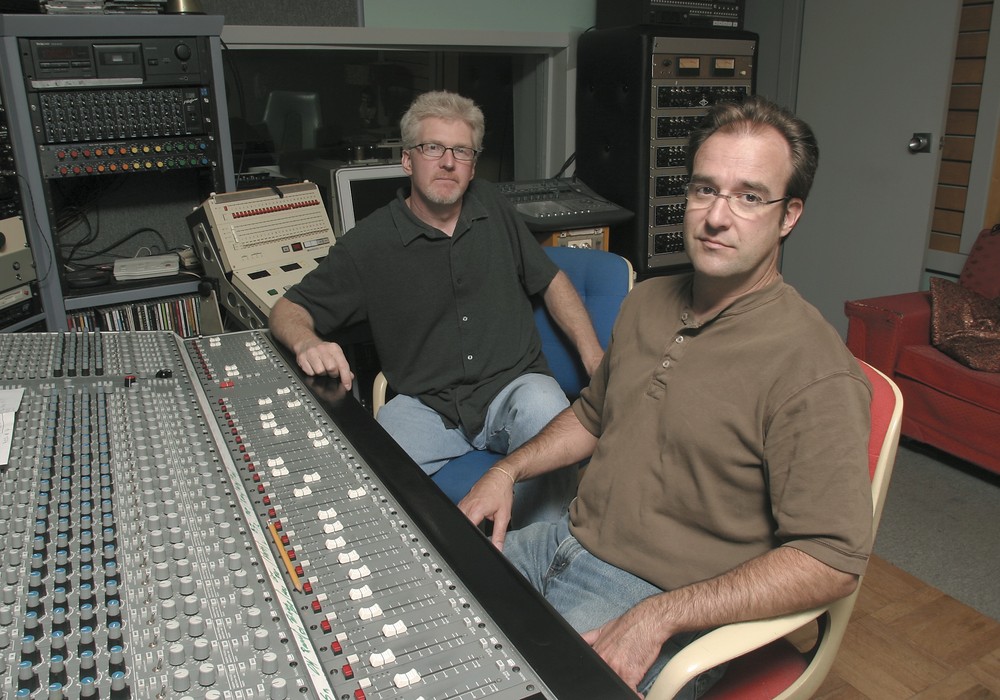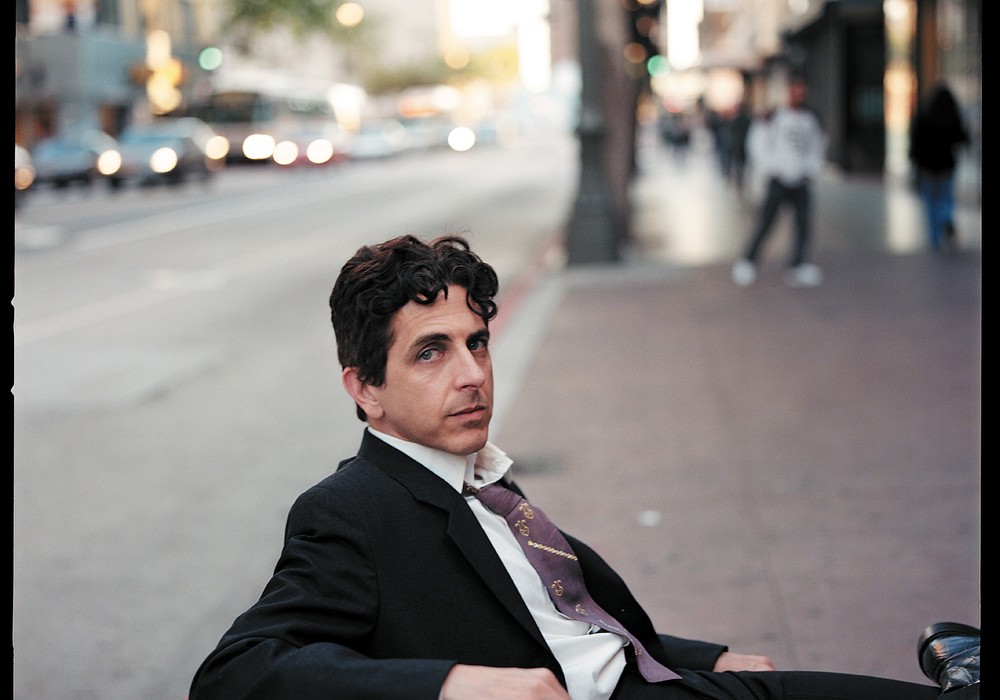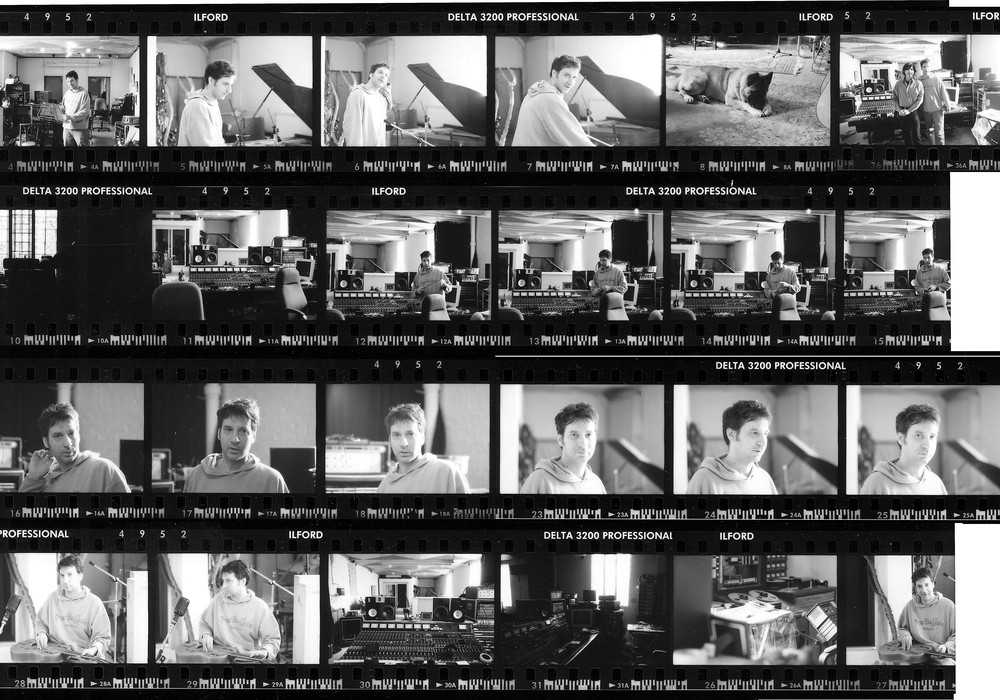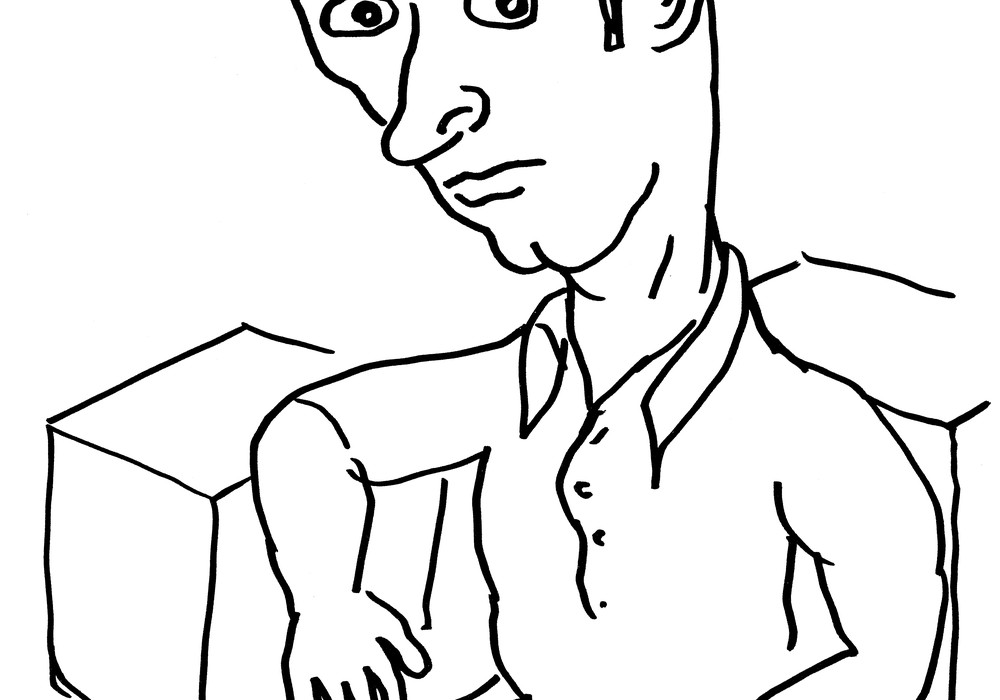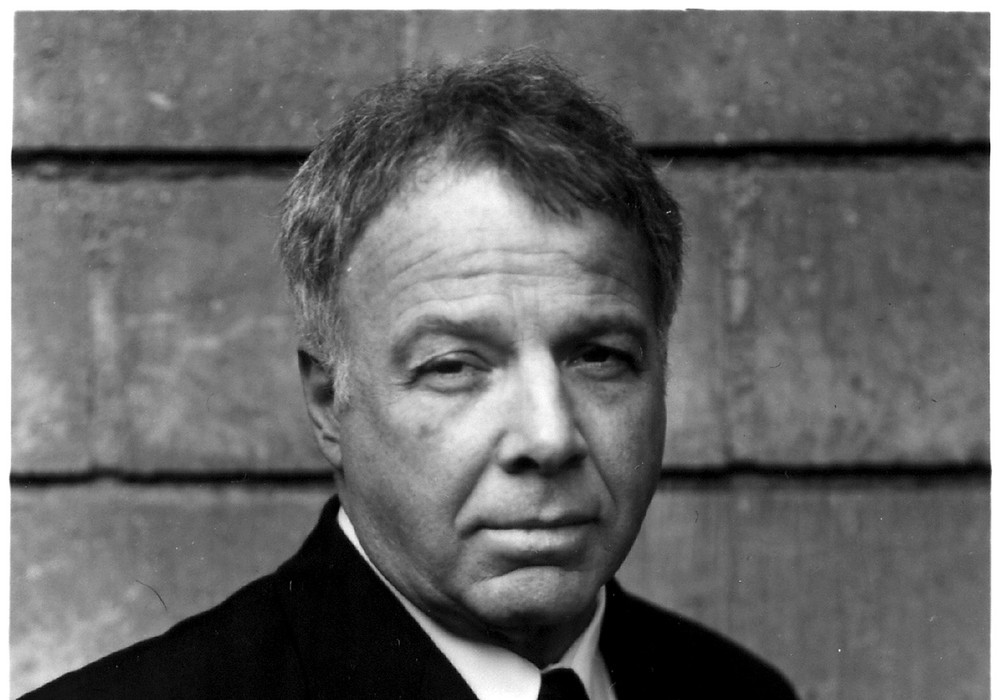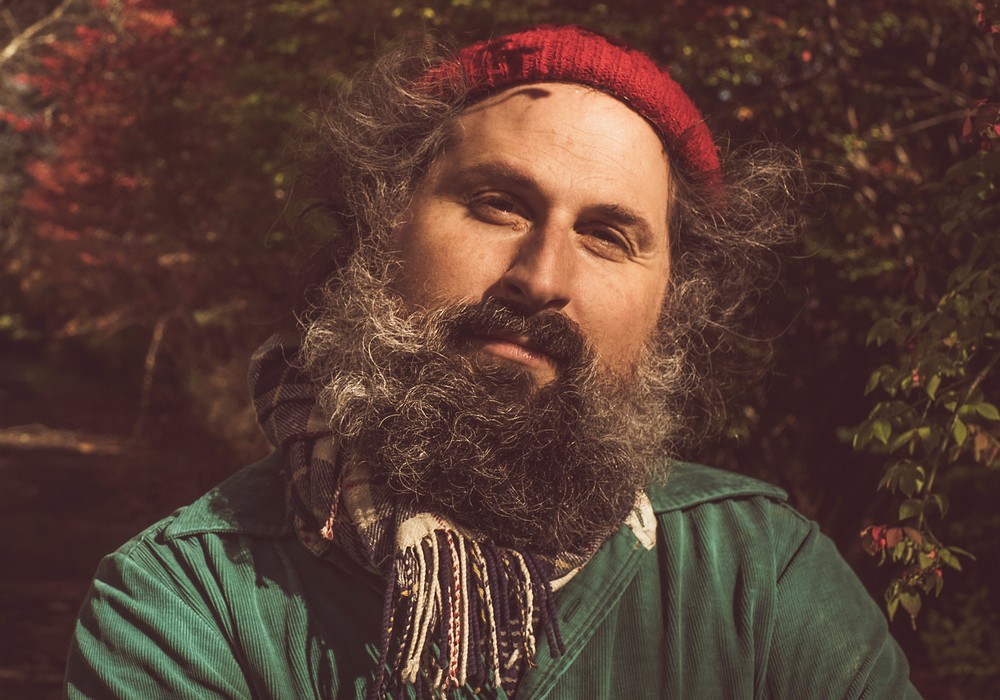How did you get into music and engineering?
I started taking piano lessons when I was in third grade, then guitar in middle school, and eventually started playing in bands. Being of the generation where everyone had [Apple] GarageBand or a [Digidesign] Mbox, I wanted to record with the friends that I was making music with.
You had a little bit of gear as a high schooler to do some recording at home?
Yeah, the high school I went to in Coronado, California, had a satellite school program called the Coronado School of the Arts. We had all the normal high school classes and then an after-school program. They had a little computer lab that had a couple computers with [Digidesign] Pro Tools. I spent hours after school every day with my two friends, having a band and learning cover songs. We liked writing our own songs and started to learn about recording – whether it was through making demos or messing around.
Did you have an aspiration to get into music as a career someday?
Yeah, definitely. It was in that period that I got more obsessed with the idea of making records. I wanted to be Jon Brion [Tape Op #18] when I grew up.
Did you end up going to school for engineering?
I went to UCLA, and I was in the ethnomusicology program. It was great – we'd spend a quarter on the music from Africa and the next on the music of Asia. We were exposed to so many things. Also, just being in L.A. was another big part of the decision of me going there. All of the music that I was excited about seemed to be coming out of L.A., and it made sense to be around there. But when I was in that program, the only real recording classes were through the film school, where there was a studio they had built as a scoring stage for the film students. There was a decent sized room, and they had a Digidesign Control 24, and they had some good mics and instruments. There were two professors, David McKenna and Beth Sweeney, who ran beginner and advanced level courses in recording. If you passed those, you could book studio time. I took those as soon as I could. I was playing in a band back in those days and thought, "Okay. We have a studio where we can go and start making recordings." I defaulted to the producer/engineer role, and that's how it started.
You worked out of the original Tony Berg [Tape Op #121] Zeitgeist studio house, right?
Yes.
How did that happen? Was it a knock on the door, like everyone else says? [laughter]
No! [laughs] That's how Shawn [Everett, Tape Op #115] ended up meeting Tony, but I had a mutual friend from college who knew Blake [Mills]. I first became aware of him as a player, when he was touring and doing sessions with Jenny Lewis and a bunch of other bands I liked. It was right around the time that his first solo album [Blake Mills] was coming out, and we met after a show at The Echo. After that, every couple months I would check in and say, "If you need an intern, let me know." I was aware of Tony Berg and Shawn Everett's work at that time, as well. Finally, after a few months of slowly pestering Blake, I heard back from him and he said, "I'm producing a record for Sara Watkins [Sun Midnight Sun]. My friend Shawn is engineering it. We're doing it at my friend Tony's home studio in Brentwood. Come hang out." That was the holiday break of my last year at UCLA – around December 2011 – and that's the only job I've ever had since.
What was your role on Sara's record?
Just a classic intern thing. Blake was producing and Shawn was engineering, so I was picking up lunch and taking out the trash at the end of the day. But starting from the very beginning, I got to sit in a chair next to Shawn all day, watching him and attempting to follow along. To...
